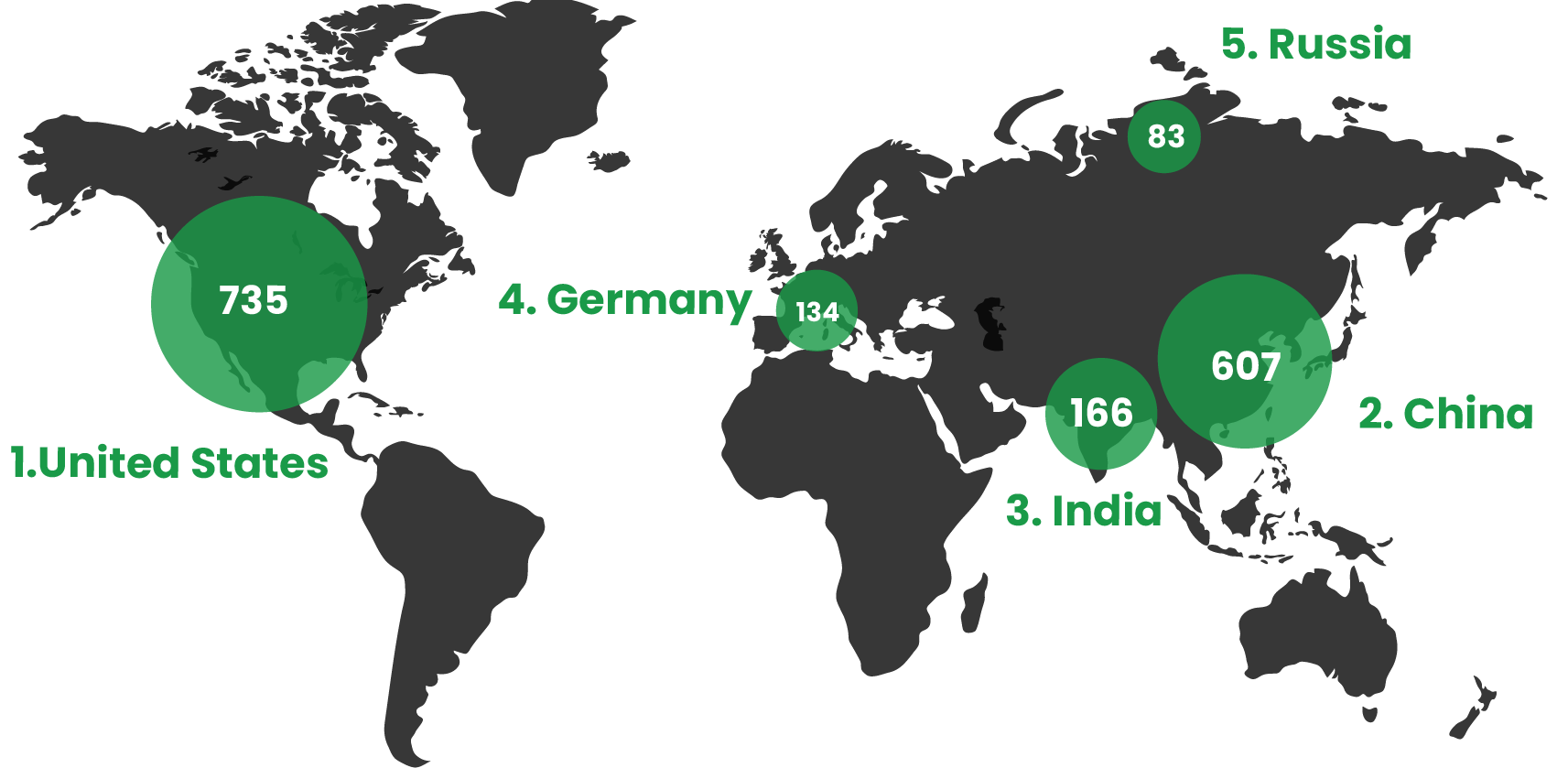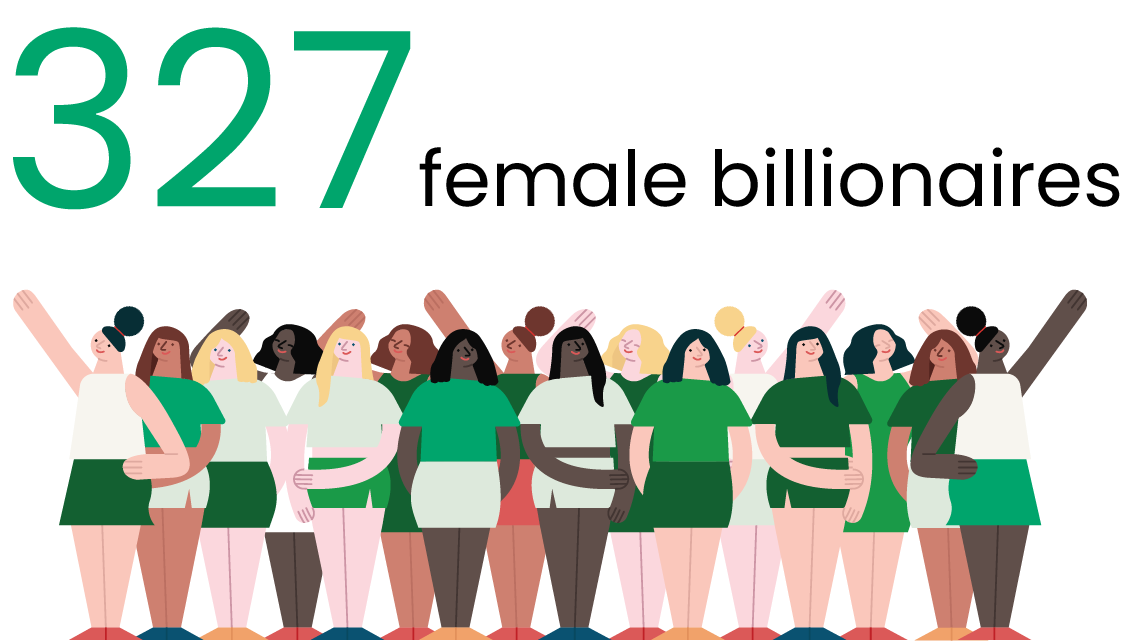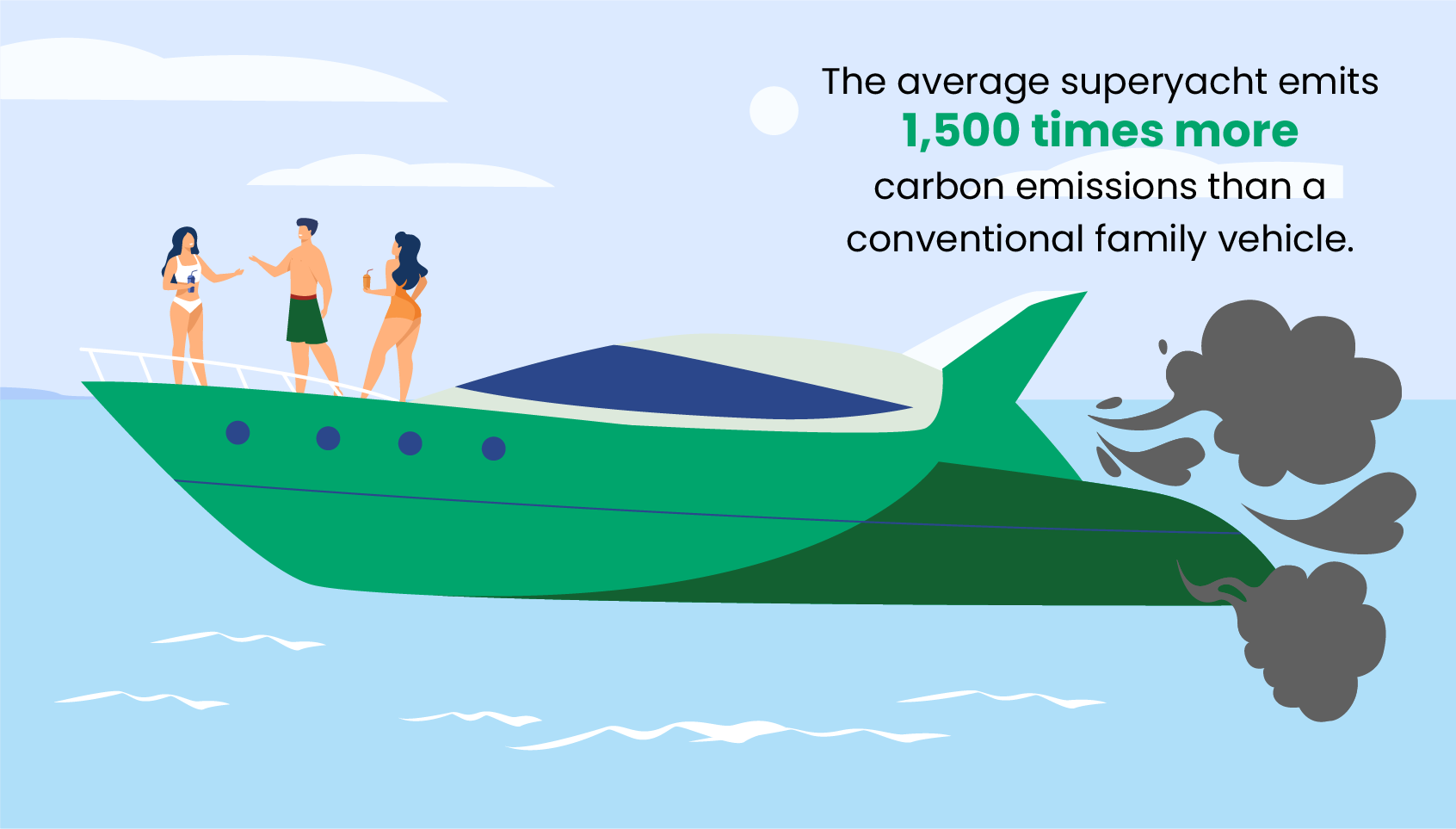How Do People Become Billionaires? 2023 Key Statistics & Facts

Billionaires significantly influence the global economy, politics, and philanthropy. According to data, so far, in 2022, there are 2,668 billionaires around the globe, the total wealth of which equals $12.7 trillion.
The richest are members of a much more exclusive club and wield even more influence. A large portion of the wealth of many of these billionaires — many of whom founded technology giants — remains in the businesses they founded.
How Many Billionaires are there in the World?
- There are 2,668 billionaires in the world.
- Elon Musk tops the list as the wealthiest billionaire this year with a net worth of $268 billion.
- Despite a turbulent year, 236 new members joined this list.
- This year, 329 people were cut from the list of billionaires.
- Forbes identified 327 female billionaires worldwide, 101 of whom are self-made.
The United States Tops the List With the Biggest Number of Billionaires
This year, 329 people were cut this year from the list of billionaires. The United States leads the list of billionaires, with 735 total, up from 724 last year. China (including Hong Kong and Macau) ranks second on the list with 607, followed by India (166), Germany (134), and Russia (83).

Top 3 wealthiest billionaires in the U.S.

No one became wealthier than Elon Musk, who topped the world billionaires list for the first time. Musk was worth an estimated $219 billion as of March. In August, his total net worth was around $254 billion. This wealth is equivalent to 1.10% of the GDP of the United States and 3.47% of the world's wealth of the 500 wealthiest people.

Jeff Bezos follows with a net worth of $165 billion. This year he fell to second place for the first time in four years, due to a 3% decline in Amazon shares and increased charitable donations, which reduced his net worth by $6 billion.

Bernard Arnault, the French luxury goods billionaire who has added $8 billion to his wealth in the last year, remains the world's third-richest person. Arnault is the co-founder, chairman, and chief executive of LVMH Moët Hennessy – Louis Vuitton SE, the world's largest luxury goods company. Arnault's net worth is $145B, an equivalent of 1.99% of the total wealth of the 500 wealthiest people in the world.
Billionaires over the years
The pandemic made the rich significantly richer, but that was not the case for everyone. The fear of inflation and rising interest rates are some of the reasons that affected some gains. The chart below shows the rise, fall, and first appearance of billionaires from 2015 to 2022.
Debuts of this Year Come From Different Areas, Including Some Well-Known Artists
Despite the turbulent year, 236 new members joined this list, including singer, actor and businesswoman Rihanna, Lord of the Rings director Peter Jackson and venture capitalist Josh Kushner, who is the founder and managing partner of venture capital firm Thrive Capital, and a minority owner of the Memphis Grizzlies. Barbados, Bulgaria, Estonia, and Uruguay saw the birth of their first billionaires.

Female billionaires
Forbes identified 327 female billionaires from around the world. Most of them inherited their fortunes, including Francoise Bettencourt Meyers, the world's richest woman, whose grandfather created beauty giant L'Oréal. However, 101 women on the list are self-made billionaires, with Chinese entrepreneur Fan Hongwei earning an estimated $18.2 billion.
Age
There are 86 individuals under the age of 40 on the list, including such newcomers as Melanie Perkins, 34, cofounder and CEO of visual design platform Canva, and Vlad Yatsenko, 38, cofounder and chief technology officer of digital bank Revolut.
An even more impressive group made the debut: the 12 billionaires under 30 who made this year's list include the world's youngest billionaire, 19-year-old German drugstore chain heir Kevin David Lehmann, and newcomer Gary Wang, 28, co-founder and chief technology officer of Bahamas-based cryptocurrency exchange FTX.
War Has Caused the Collapse of Some Billionaires In Russia
Russia suffered significant losses. Following Vladimir Putin's invasion of Ukraine and the subsequent avalanche of sanctions, the Russian stock market and the currency collapsed, knocking 34 Russians off the billionaire list. The 83 Russians who retained their billionaire title saw their assets mostly remain stagnant or decline from the previous year. Total Russian billionaire wealth has dropped by more than $260 billion this year, from $584 billion last year to $320 billion this year.
Russia's wealthiest man is currently Vladimir Potanin, an oligarch and Putin ally whose net worth reaches $30.2 billion. With an estimated net worth of about $10.8 billion, Roman Abramovich was once considered Russia's richest man. Abramovich is an oligarch and politician who once owned Chelsea, a Premier League football club based in London.
Billionaires' Impact on Society and the Economy

The rise in the number of super-rich people has revived a debate over whether wealth inequality helps or hinders economic progress. The question remains unanswered, in part because theories address the distribution of wealth, while statistics address the distribution of income.
However, there is a common belief that economies may be more balanced and equitable if the majority of economic resources weren't controlled by people who reached the top of the financial pyramid through political ties.
The Huge Carbon Footprint of Billionaires
The top 10 wealthiest people in the world doubled their wealth during the pandemic. Corresponding to that growth in wealth, the luxury yacht sector expanded in 2021, selling 887 superyachts—75% more than the previous year.
The superyacht generates significant carbon emissions, and environmentalists say that an average superyacht emits 1,500 times more carbon emissions than a conventional family vehicle.
Furthermore, the wealthiest 1% (more than 60 million people earning more than $109,000 per year) are the fastest-growing source of carbon emissions.
What can be done in the future?
Research shows that in order to make a significant difference in reducing carbon emissions, the top emitters in the United States would have to cut pollution by 87% by 2030, while the bottom half could increase carbon output by 3% — implying once again that the wealthiest few are responsible for the majority of emissions.
The report also says that if the United States only considered the emissions of the bottom half of earners, it would already be on track to limit the planet's warming by 2.7 degrees Fahrenheit.
One of the simplest — or at least most reasonable — methods for the wealthy to reduce emissions is to reduce their use of modes of transportation such as superyachts and private jets.
The Bottom Line
Even though the world has been grappling with challenges including the pandemic, wars, and inflation, the number of billionaires remains relatively high. This year's list of billionaires includes 2,668 individuals, down from 2,755 last year. The United States crowns the list with the most billionaires, with Elon Musk and Jeff Bezos leading the pack.
The overall impact of billionaires on society is an open discussion. Still, there is the common belief that the economy would be more equitable if fewer people who have reached the top of the pyramid through political ties controlled most of the resources.
